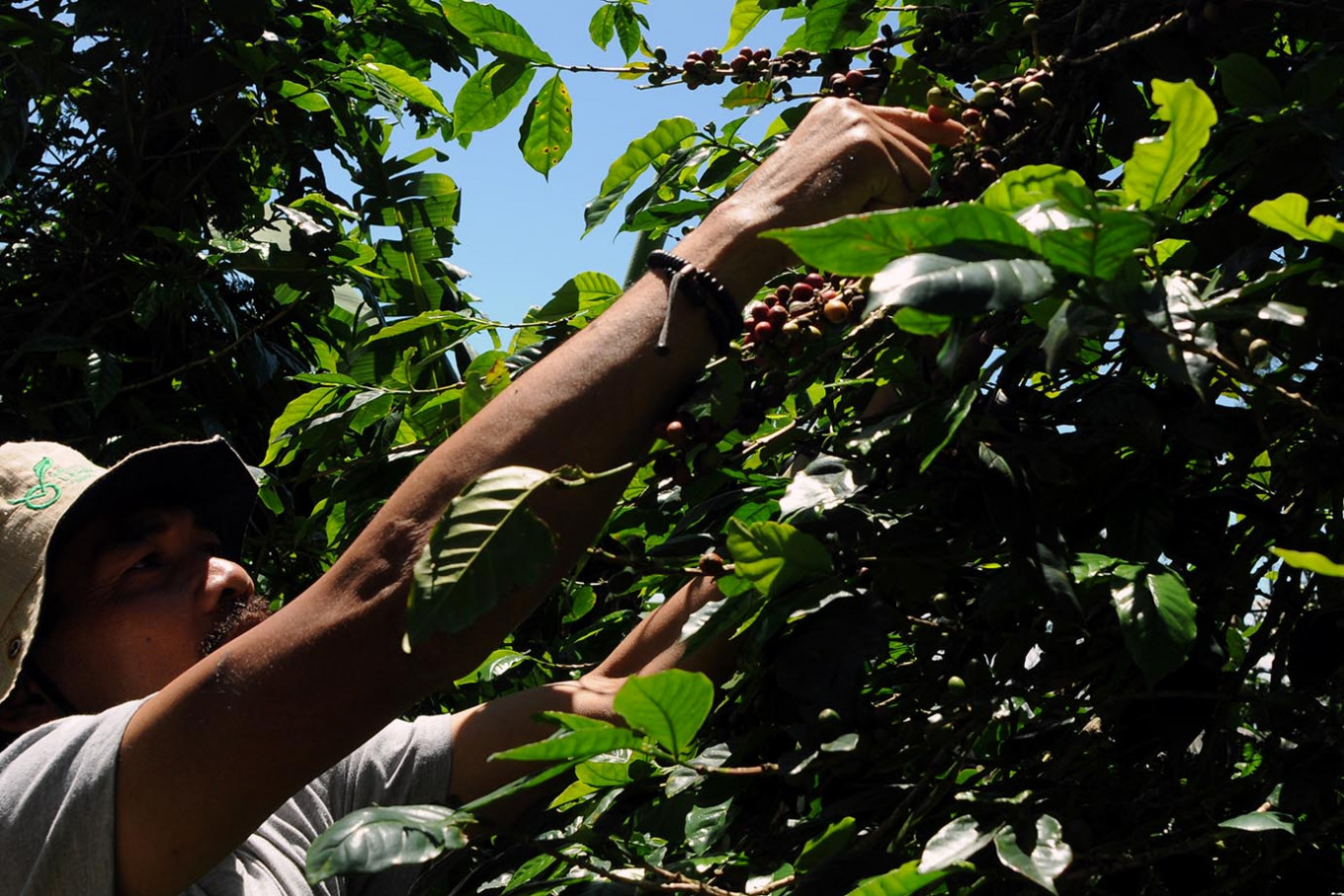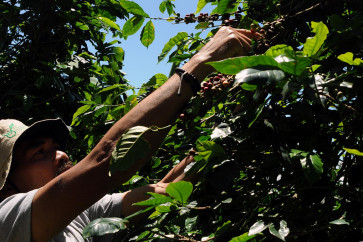Popular Reads
Top Results
Can't find what you're looking for?
View all search resultsPopular Reads
Top Results
Can't find what you're looking for?
View all search resultsCoffee, cocoa and rubber farmers begin to use 'good agricultural practices' with NGOs' help
Indonesia is the second-largest producer and exporter of rubber and the fourth-largest producer of coffee and cocoa globally. The three commodities combined comprised about US$1.88 billion of the country’s total exports.
Change text size
Gift Premium Articles
to Anyone
T
his year, good agricultural practices (GAP) have become more accessible as a number of NGOs have created training, research, financing and even off-taking initiatives for cacao, coffee and rubber farmers.
Indonesia is the second-largest producer and exporter of rubber and the fourth-largest producer of coffee and cocoa globally. The three commodities combined comprised about US$1.88 billion of the country’s total exports.
The commodities are mostly produced by smallholder famers. According to Statistics Indonesia (BPS), these farmers make up 84.4 percent, 95.9 percent and 97.6 percent of rubber, coffee and cocoa producers, respectively.
Due to the prevalence of smallholders, implementing GAP on a local level is crucial to improving commodities productivity.
Coffee farmers, for example, have received agroforestry training to develop better farming techniques and apply more sustainable business practices.
Specialty Coffee Association of Indonesia (SCAI) advisory board chairwoman Delima Darmawan said that the productivity of Indonesia’s coffee plantations was lower than other major producers such as Brazil and Vietnam because the coffee plantations in the country continued to use traditional farming methods.
“Most farmers were uninformed about GAP. They used to fear their trees would not bear coffee cherries after pruning,” said Sustainable Coffee Platform of Indonesia (SCOPI) executive director Veronica Herlina.


















